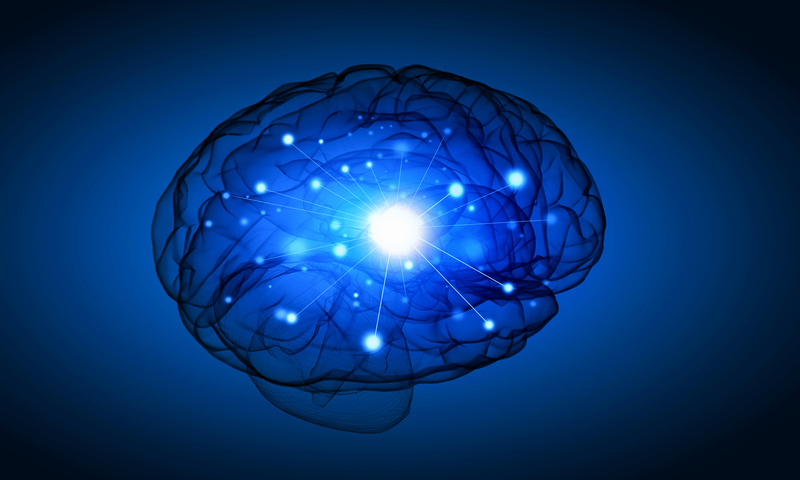
Choline is an essential nutrient that is similar to folate and the B vitamin complex family that has a profound impact on the in utero baby brain. The benefits of a pregnant mom’s ingestion of adequate choline during pregnancy include aiding in the development of the in utero brain, helping to prevent neural tube defects, and even increasing the baby’s future information processing speed.
The recommendation for pregnant people is 450 milligrams of choline daily, however, according to a study at Cornell University, more is better: “babies whose mothers had nearly twice the daily recommended amount of choline each day during their third trimester processed information significantly faster.”
The foods richest in choline include beef liver, beef, salmon, eggs, and chicken. Surprisingly, few prenatal vitamins contain choline, so talk with your healthcare provider about supplements.
What Is Choline?
Choline has the wow factor. It is one impressive . . . um, thing.
I won’t lie, exactly what choline is . . . kind of confounds me. Basically, it’s a nutrient found in food that:
- is not a vitamin . . . but is related to vitamins like folate and the B vitamin complex family;
- is considered an essential nutrient (which means you don’t produce it in your body) . . . except you do in small amounts in your liver;
- is water-soluble . . . yet it’s a constituent of lecithin, which is a fatty substance.
Confound me it may, but there’s no bewilderment when it comes to its profound impact on the development of the in utero baby’s brain.

Choline’s Dramatic Impact on the In Utero Baby Brain
- Christine Harris, PhD, author of the Pregnancy Journal, states that choline influences brain growth by producing bigger cells in vital brain areas involved in memory and muscle control.
- Anisa Arsenault, Associate Editor at Thebump.com, discusses how pregnant moms’ ingestion of adequate amounts of choline “aid in fetal brain development and prevent neural tube defects.” It’s a great read, check it out: Study: Choline Can Boost Baby’s Brain Health – If You’re Getting Enough
- Cornell University experimented with choline’s enduring cognitive benefits on offspring and found that “babies whose mothers had nearly twice the daily recommended amount of choline each day during their third trimester processed information significantly faster.” The Cornell study compared results from mothers who consumed 480 mg daily to mothers who consumed 930 mg daily.

So now you’re wondering . . .
- Q: How much choline is enough?
- A: The Food and Nutrition Board cites Adequate Intake (AI) for pregnant women as 450 mg per day . . . but remember that the Cornell study compared 480 mg daily to 930 mg daily, so . . .
- Q: Do prenatal supplements contain choline?
- A: According to the Harvard University School of Public Health, prenatal supplements do not typically contain choline.
- Q: What should you eat to get enough choline?
- A: See below!
Foods Rich in Choline
“The foods richest in choline include whole eggs, salmon, beef and poultry, Brussels sprouts, wheat germ, collards, lima beans and edamame, and beef liver,” says Jessica Levinson, Registered Dietician and Culinary Nutrition Expert.
Sounds good, right? But how much choline is found in the foods cited? I checked with the National Institute of Health and My Food Data- see below!
Milligram Match
- Egg, hard boiled, 1 large egg = 147 mg
- Salmon, baked, small filet = 202 mg
- Beef, top round, braised, 6 ounces = 234 mg
- Poultry, chicken breast, roasted, 6 ounces = 144 mg
- Brussels sprouts, boiled, ½ cup = 32 mg
- Wheat germ, toasted, 1 ounce = 51 mg
- Collards, frozen, cooked, 1 cup = 77 mg
- Lima beans, canned, 1 cup = 77 mg
- Edamame, frozen, thawed, 1 cup = 66 mg
- Beef liver, pan fried, 3 ounces = 356 mg
Again, I won’t lie. You’ll either find it challenging to get enough choline from food, or you love beef liver, there is no in between. Which leads me to reiterate – ask your healthcare provider about taking a choline supplement.

It’s a no-brainer: Choline’s wow factor is undeniably worth the effort for its dramatic impact on the in utero baby brain.

